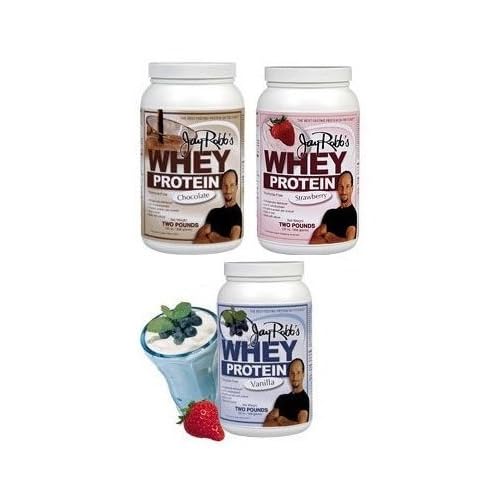The Stevia Story
Filed under: General Health, Nutrition
Most of you long time readers are well aware of my dislike for artificial sweeteners. Whether they have been found to drastically alter gut flora (sucralose, in rats), are on the EPA’s new but unfinished list of potentially dangerous chemicals, increase risk of pre-term births and caused cancer in rats (aspartame) I am not a fan.
This is especially true since there other options that are not synthetically made in a lab and have been consumed by humans for possibly thousands of years. In this case, we are talking about stevia.

Stevia rebaudiana is a plant from South America that is native to Paraguay and has long been used by the indigenous people there to sweeten beverages and make tea. While most of us, myself included, use the word stevia to refer to the sweetener, this is in fact referring to the plant, of which only some components are actually sweet, called steviol glycosides.
Steviol glycosides are found in the leaves of the stevia plant, and each one has a unique flavor and level of sweetness. Rebaudioside A is the most common steviol glycoside used as a sweetener, is Generally Recognized As Safe (GRAS) in the US as a general purpose sweetener, and is is roughly 250-300 times sweeter than table sugar.
The literature on stevia and the different rebaudiosides are quite conclusive on declaring it to be safe for human consumption. In fact it would take 30 stevia packets to even reach the Acceptable Daily Intake, and the ADI is set to be about 100 times lower than the No Observed Effect Level. In laymans terms this means that even if you consume a virtual truckload of stevia there are no direct side effects that have been observed.
The moral of the story is that if you desire to sweeten a few things, coffee for example, stevia would be the best bet. In addition I recommend a protein powder sweetened with stevia rather than aspartame or sucralose.

Let me also wrap this up by pointing out that though I feel stevia is the best zero calorie sweetener out there, it is still wise to minimize consumption. In my mind training your body to adjust to the sweetness of real food is paramount in developing a good relationship with food. Always needing to sweeten your coffee, and your yogurt, and your tea, etc is a problem. Learning to enjoy how food tastes without sweetener makes a huge difference in tampering your sweet tooth and reducing cravings. This isn’t to say you can’t or shouldn’t sweeten anything, the point is simply to keep even the stevia intake reasonable.
Check out the BSP Training & Nutrition Newsletter!
You will get immediate access to:
- Weekly updates and exclusive content.
- The 20-page report "The Truth About Saturated Fat & Cholesterol."
- Become more awesome!
Posted on September 30th, 2011 by Brian St. Pierre
5 Comments




October 3rd, 2011 at 11:06 am
Hey Brian…just curious if Stevia causes any glucose spikes. I also read this article, what’s your take?
http://www.mohrresults.com/dr-chris-mohr-weight-loss/stevia-hype-or-hope/
I’m assuming for the amount one would be using per day, it wouldn’t be harmful…
October 6th, 2011 at 9:34 pm
Jose,
According to the literature no, the amount consumed on a daily basis by a reasonable person would not be harmful. The Joint FAO/WHO Expert Committee on Food Additives conducted a thorough review of the literature and determined that Reb A and other glycosides are safe for use in foods and beverages. It is perfectly safe for diabetics and does not affect blood sugar levels or insulin response.
Brian
October 9th, 2011 at 10:55 pm
Brian,
Enjoyed the article. Are there are protein powders that use stevia that aren’t quite as expensive as Jay Robb’s? Also, a little off topic…because whey is basically a disguarded part of the process of making milk, do you think grass fed cows actually makes a major difference? Thanks
February 23rd, 2012 at 12:14 pm
[...] are sweetened with stevia, Lo Han Guo and erythritol. Now some of you may have noticed that erythritol is a sugar alcohol, [...]
February 9th, 2013 at 7:46 am
This is a great resource, Thank you so much for doing the research.